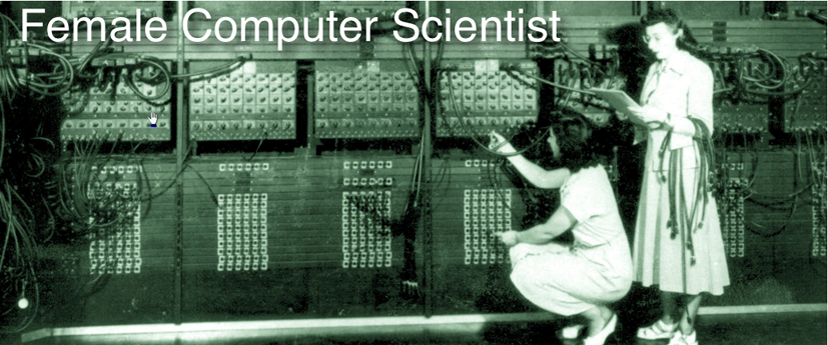So I was reading the May issue of
Communications of the ACM* today, and came across one of those lovely field naval gazing articles, "An
n-gram analysis of
Communications 2000-2010", by D. Soper and O. Turel. You don't really need to know what n-grams are for this blog post, suffice to say it's a way of analyzing gobs of text to try to figure out word usage patterns.
The tagline in the magazine for this article is, "Applied to almost 3,500 articles [this article] reveals computing's (and
Communications') culture, identity, and evolution." This description is pretty apt - as I said, lots of field naval gazing.
So I get to the point in the article where the authors start discussing changes in writing style in the magazine over the past 10 years, and came across this nugget:
Our n-gram analysis also revealed changes in Communications' use of gender-related terms from 2000 to 2010. On average, masculine pronouns (such as "he", "his", and "him") appeared 277% more often than feminine pronouns (such as "she", "hers", and "her"). Moreover, the gap widened from 190% in 2000 to more than 290% in 2010. One possible explanation is the gender gap between male and female computing professionals also grew and was wider in 2010 than it was at any time in the previous 25 years.
Say what?
A far more likely explanation is writing bias. In 2012, the primary staff columnists at CACM are men (10 of 13) and the primary editorial board members are men (9 of 10). How often do the staff columnists call female computer scientists for quotes in articles? How often do they profile the research of women? How often does the editorial board correct authors who use gendered language in their contributed articles?
I agree there is a gender gap in computing, but I do not believe that explains Soper and Turel's pronoun results very well.
-----------------
* For the non-Computer Scientist readers out there,
Communications of the ACM (or CACM) is a monthly magazine put out by our primary professional organization. In addition to the typical society magazine stuff, it also contains peer-reviewed research articles.
